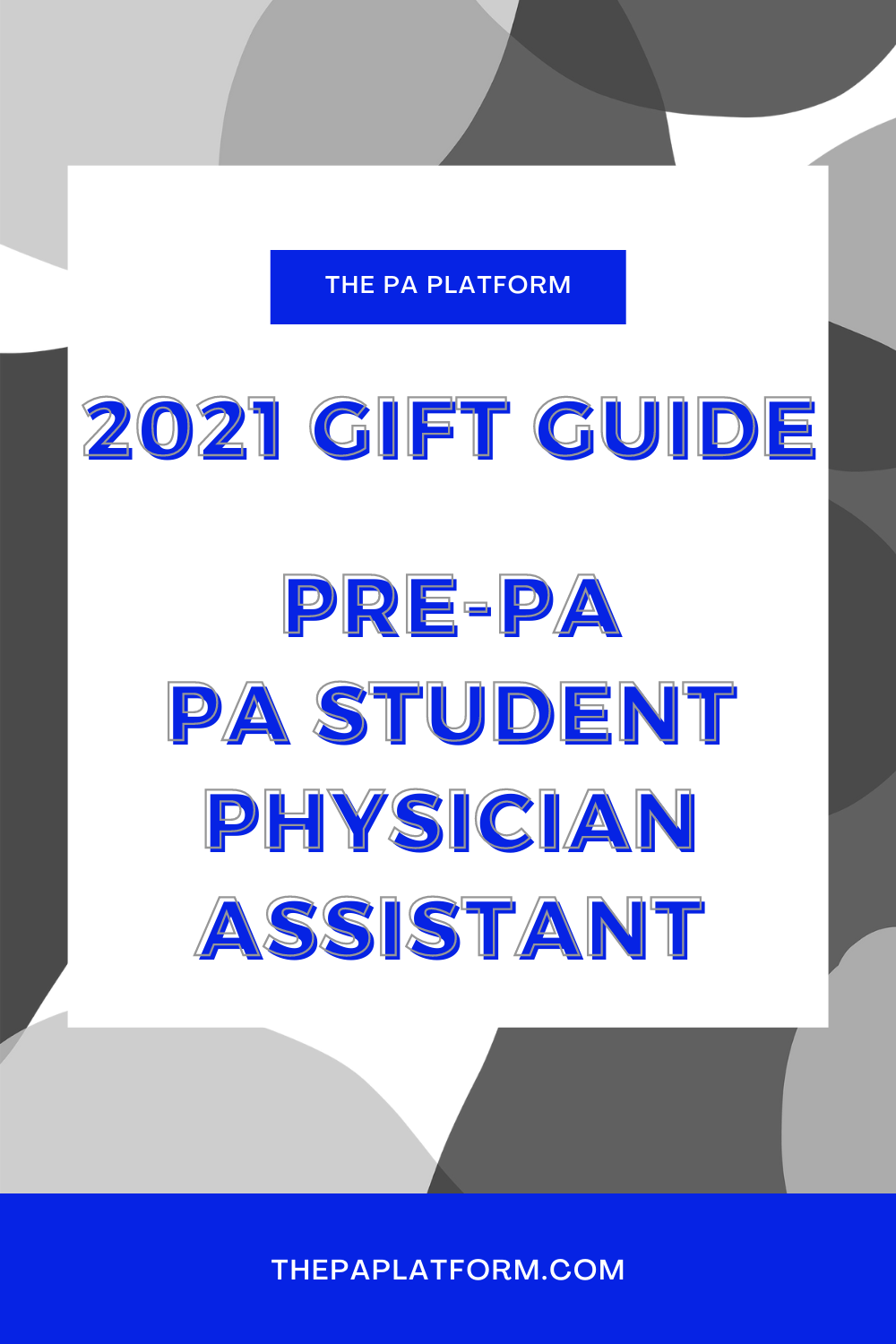I finished Still Alice by Lisa Genova yesterday, and it surprisingly didn't turn out to be quite as sad as I had expected!
The premise of this book is a psychology professor at Harvard is diagnosed with early-onset Alzheimer's and it goes through her journey from pre-diagnosis, diagnosis, and progression of the disease, as well as her family's reactions. As an intelligent woman, Alice has a very difficult time with coming to terms with her disease. This book paints a very accurate picture of how Alzheimer's may affect both a patient and the patient's family.
Alice starts by normally living her life and will just occasionally have some lapses in memory, but it's not until she gets lost on a route she runs daily that she realizes something is wrong. Alzheimer's starts with the small things and slowly progresses to be a debilitating disease. This book gave me much more empathy and understanding as to why Alzheimer's patients experience some of the symptoms they do. Distrust was a big one, and I love the way this book showed how that can happen. The brain is so powerful that it's almost scary.
When first finding out about the possible diagnosis, Alice's husband says, "I think you jumped the going to see a neurologist. He looks at your set of symptoms and sees Alzheimer's, but that's what he's trained to see, it doesn't mean he's right." This stood out to me because I think this is how a lot of patients feel when they go to the doctor, so it's our job to instill trust in our patients so they feel that we are treating them as individuals, and not just a disease.
As a PA student, Still Alice gives a great view of patient-doctor relations and multiple Mini Mental Status Exams (MMSE). These are simple tests that can be done to judge a patient's cognitive function, and the decline is seen very clearly in this book. It also discussed treatments that are being used currently for Alzheimer's. Alice describes it this way - "Alzheimer's disease was an entirely different kind of beast. There were no weapons that could slay it. Taking Aricept and Namenda felt like aiming a couple of leaky squirt guns in the face of a blazing fire."
This book gave me hope that the research being done presently will result in a cure and better medications for Alzheimer's, and hopefully sooner rather than later. This article shows that they have found changes of Alzheimer's occur much sooner than symptoms show up, so treatment could be starting much sooner as well. In Alice's case, if treatment had begun earlier, it could have potentially slowed down the disease process.
I definitely recommend this book for anyone in the medical field or interested in medicine, or anyone who wants a better understanding of what exactly Alzheimer's entails. A movie was recently made from this book as well!


















